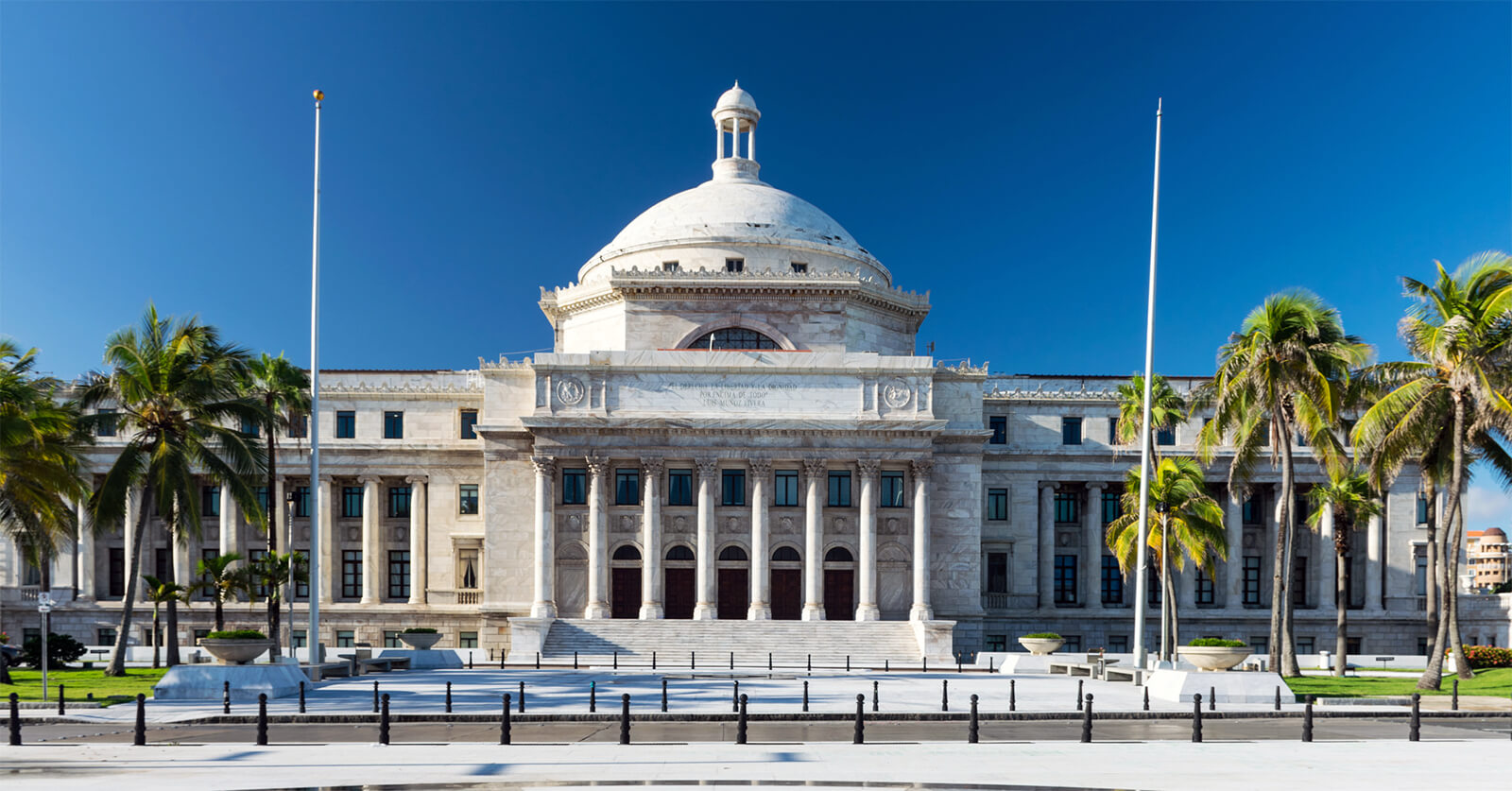A plan by Puerto Rico’s governor and oversight board to solve the commonwealth’s economic crisis will benefit Wall Street at the expense of public services and the workers who provide them, according to Steve Kreisberg, AFSCME’s director of research and collective bargaining services.
Puerto Rico’s fiscal problems should be solved through economic reforms, not through cuts that reward the commonwealth’s creditors, lay off thousands of public workers and slash the earned pension benefits of employees and retirees, Kreisberg said Tuesday. He spoke at a Capitol Hill forum held by the House Natural Resources Committee Democrats and the Congressional Hispanic Caucus.
The commonwealth owes about $75 billion to bondholders and about $50 billion to pensioners “who contributed their own money to their pensions,” Kreisberg said. Now those pension contributions are at risk as the Financial Oversight and Management Board for Puerto Rico seeks to cut pensions by 10 percent and pay that money to the bondholders.
On April 12, AFSCME Council 95/the Servidores Publicos Unidos (SPU) and its retiree chapter, which together represent approximately 12,000 working members and thousands of retirees, challenged the constitutionality of the board’s actions.
Kreisberg said Puerto Rican leaders also want to cut personnel expenses by $800 million this year plus another $800 million in the fiscal year starting July 2018. That, said Kreisberg, is money the governor offered “this past weekend to the bondholders.”
“We believe these payments to bondholders is counterproductive as most of the payments will be transferred off-island and will impair economic growth,” Kreisberg said in prepared remarks.
Addressing those at the forum, Kreisberg said the commonwealth’s problem stems from Puerto Rico’s failure to recover from a recession a decade ago. “Until we address those underlying causes, we’ll never figure out a way out of the problems of Puerto Rico,” he said.
On Wednesday, Puerto Rico’s governor, Ricardo Rossello, said he plans to take the commonwealth’s debt problems to federal bankruptcy court. That would make it the largest government to seek bankruptcy protection in U.S. history, according to The New York Times.
